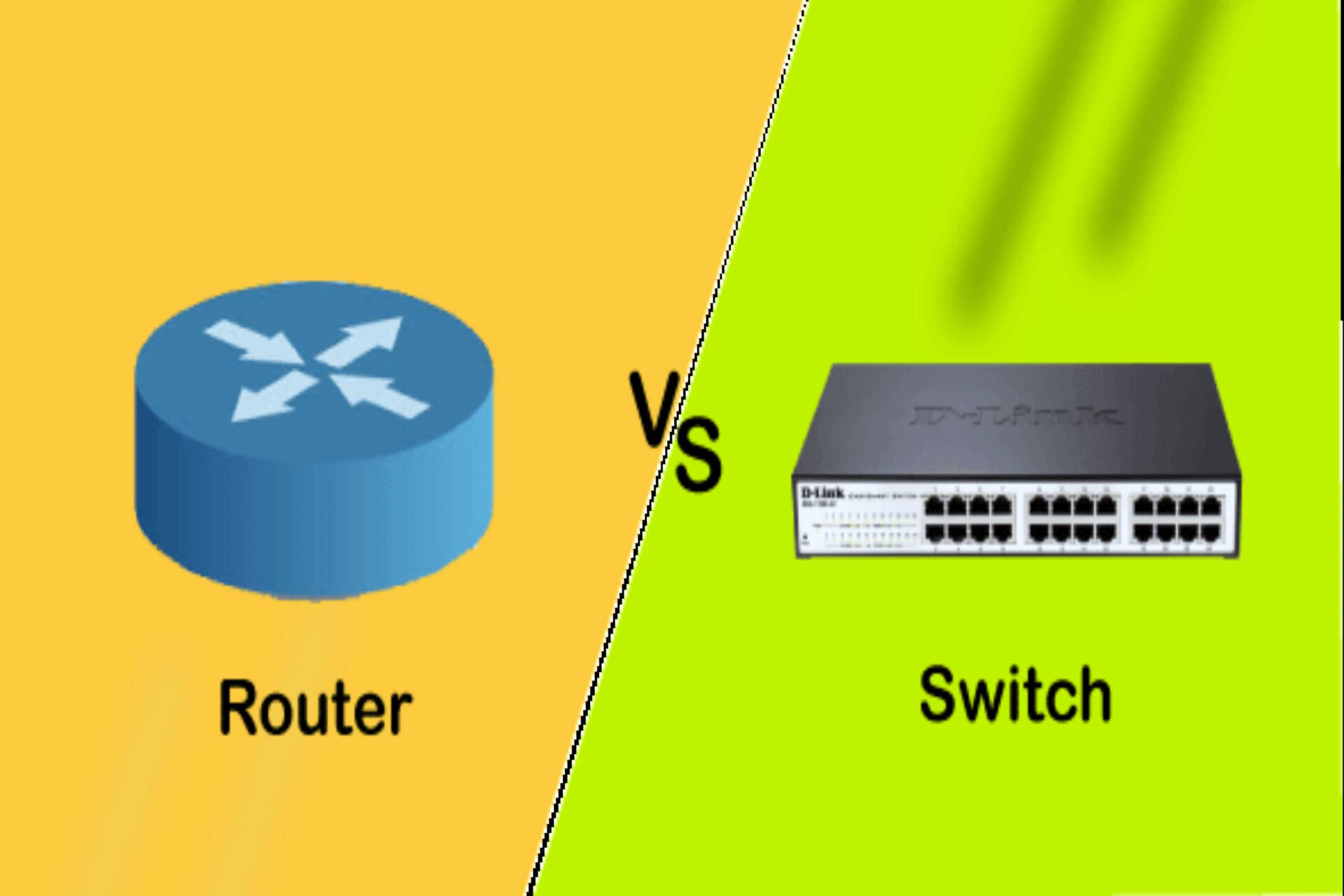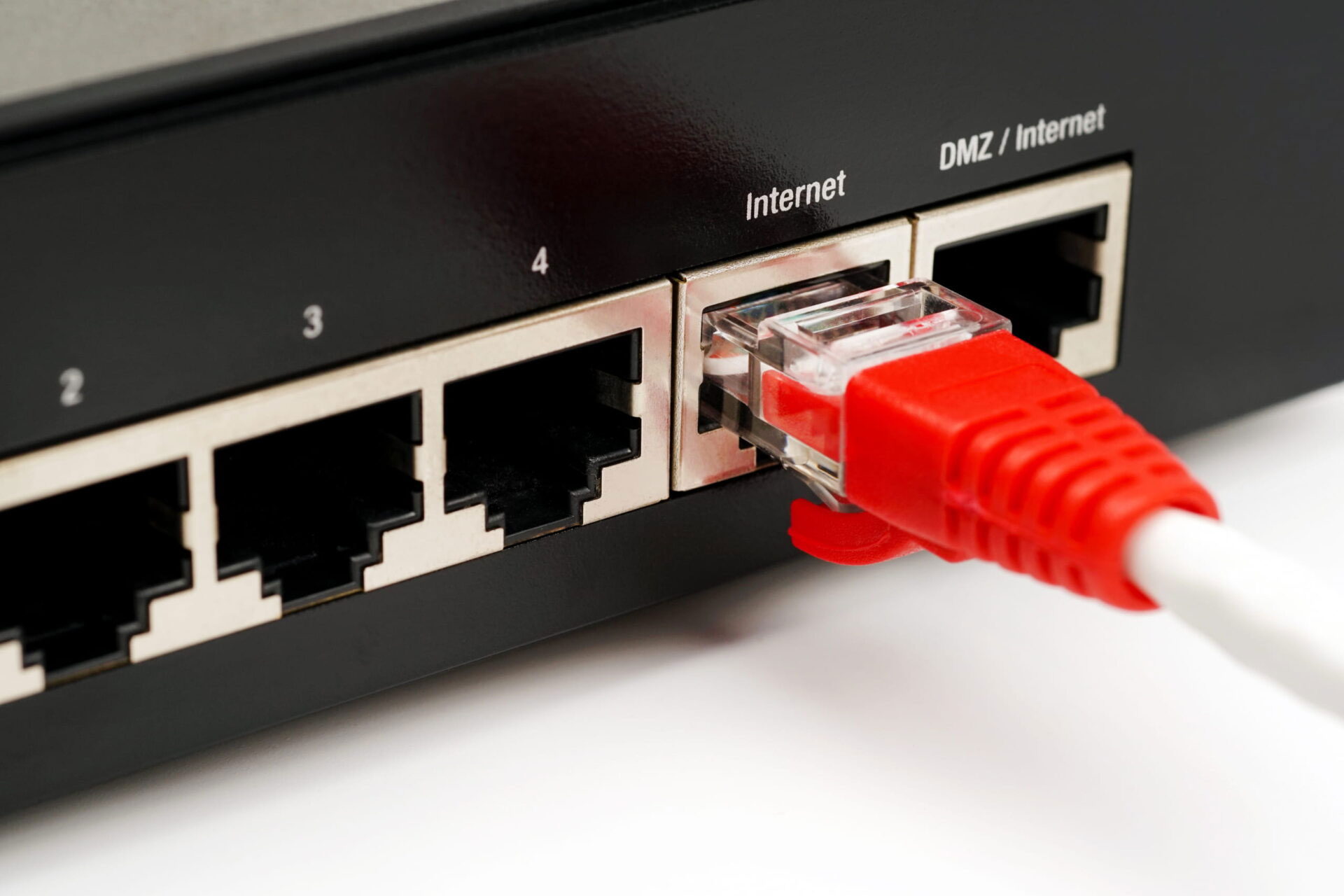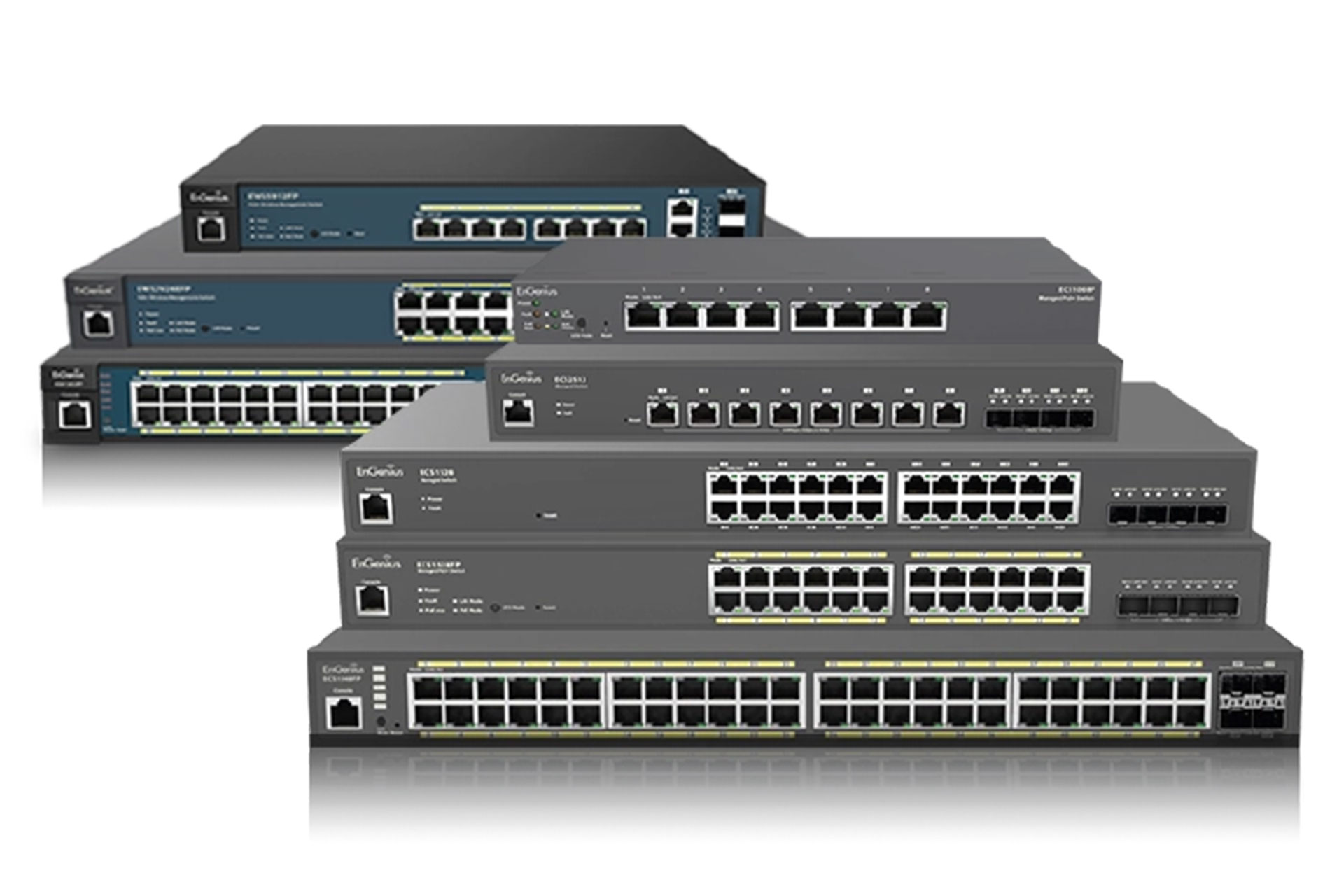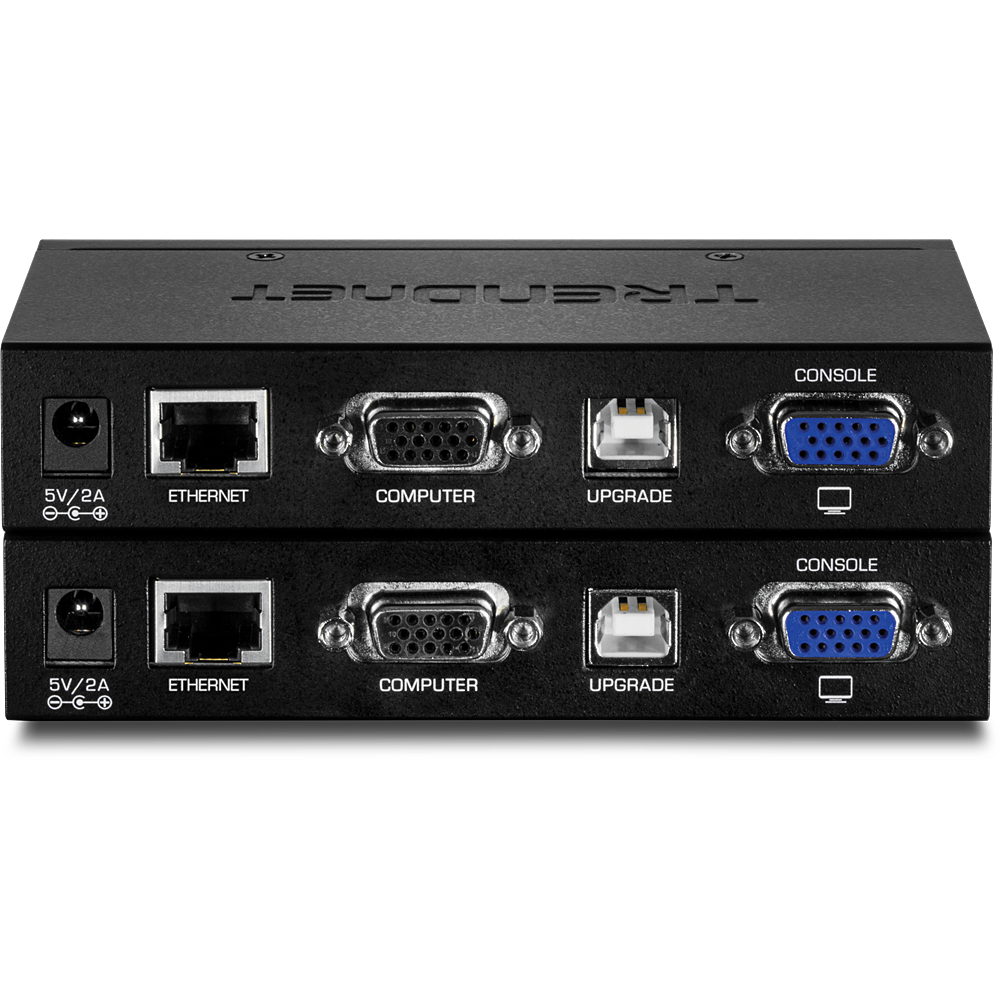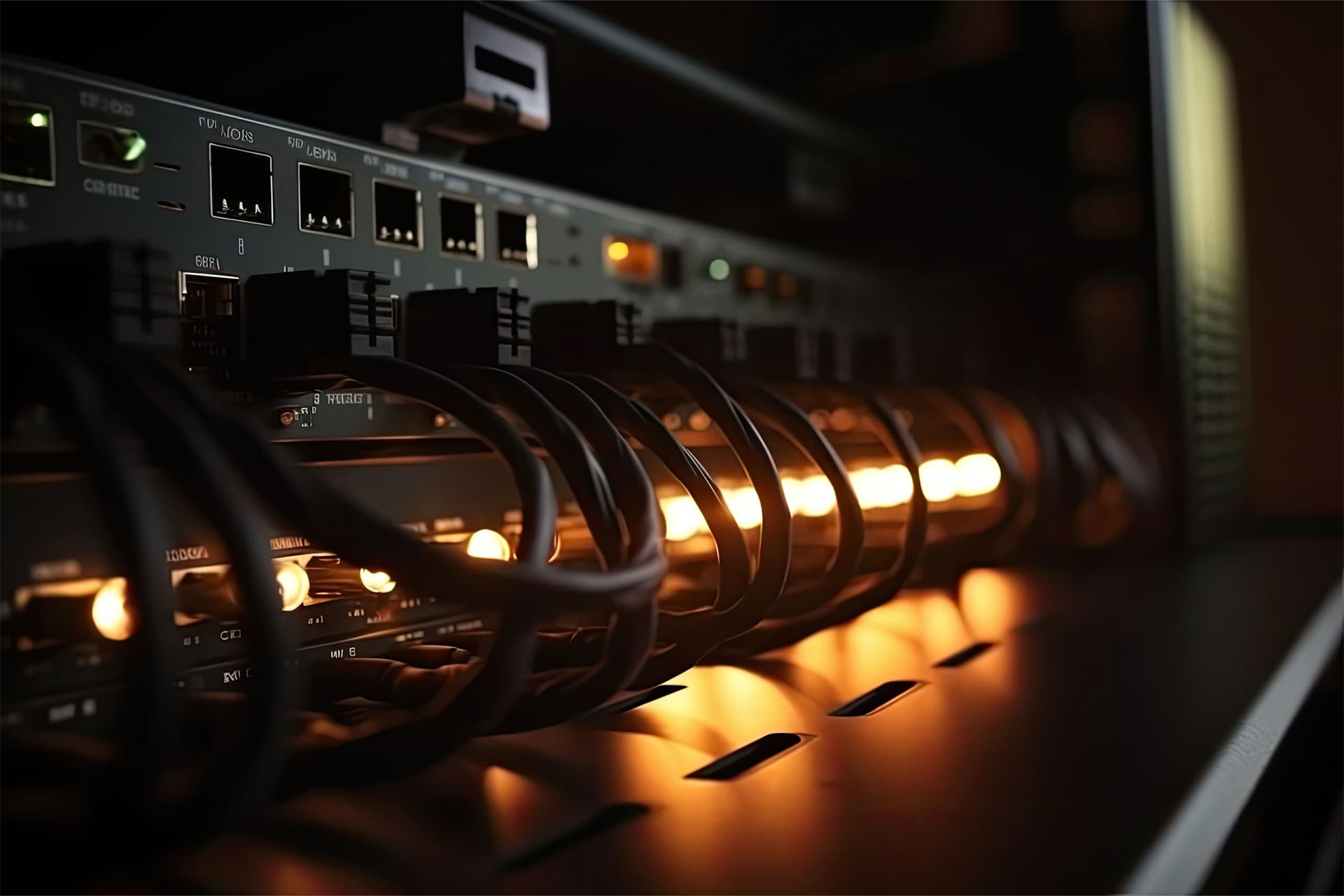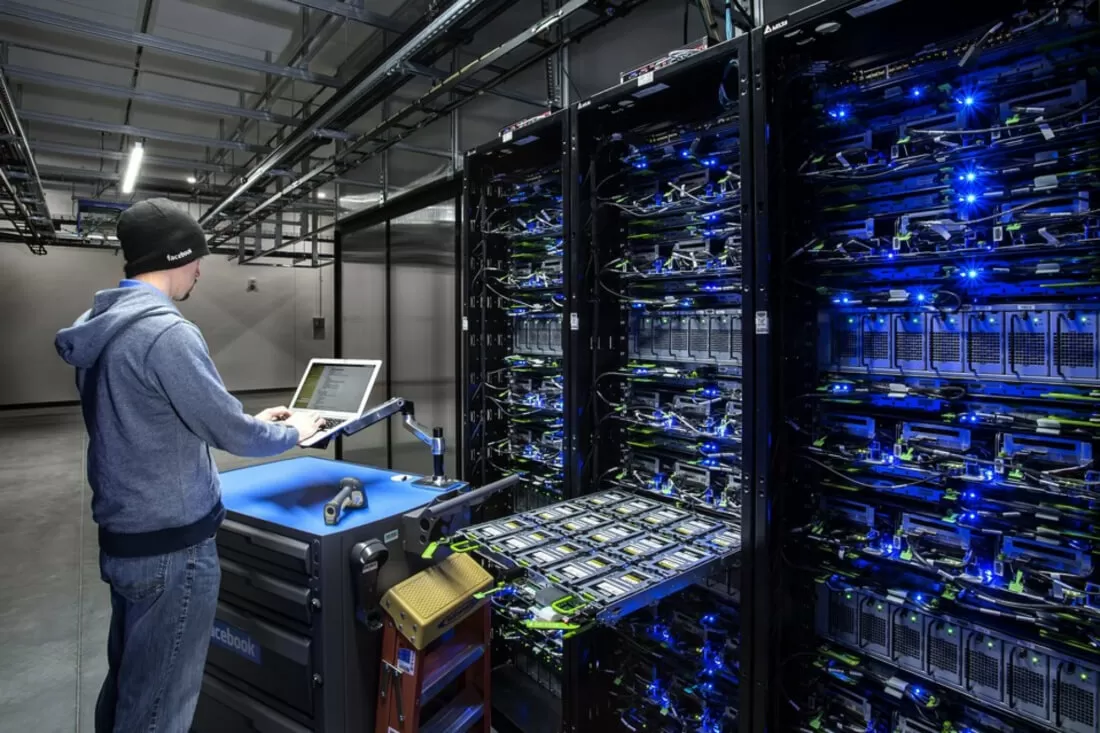Differences between network switch vs router: understanding these essential networking devices is absolutely crucial. So if you want to uncover their mysteries quickly and become an expert quickly, then continue reading! This blog post will break down all the basic information and demystify any jargon to equip you with everything needed to navigate your way through networking’s complex landscape. You will soon become an expert! Ready to master “Network Switch vs. Router 101″? Start here by reading about mastering “Network Switch vs. Router 101!”!
What are network switches and routers?
Networking switches and routers are devices used to enable computers and other devices to connect to a network. They do this by allowing them to interact and by forwarding packets of information between them.
Switches accept input from one or more ports and send output to multiple output ports; routers work similarly but allow network traffic to travel in both directions.
Both switches and routers come in many varieties and sizes, making it essential to select the appropriate device based on your specific requirements. A router could provide additional network security features, while a switch may provide basic functionality instead.

Differ between switches vs routers.
Switches and routers are two essential devices you’ll encounter when networking your computer, each offering distinct functions. Here is a brief breakdown of their differences:
Switches operate at the network layer while routers function at the Transport Layer, giving switches the advantage of handling more traffic but with limited features; for instance, they do not permit creating virtual LANs (VLANs) while routers do.
Switches tend to be cheaper and simpler to use due to their graphical user interfaces (GUIs), while routers provide additional security features and can even act as firewalls.
What is the difference between a switch and a router?
Switches and routers are two types of network devices used to connect multiple devices together, while routers manage traffic between them.
Routers provide much more than simply traffic switching; they also serve as DNS and DHCP servers, provide cable modem and DSL access, and serve as firewalls. Meanwhile, switches may be best suited for smaller networks that don’t need all the features provided by routers.
The main distinction between switches and routers lies in their capabilities; routers can handle more traffic and have more features than switches.
Why do people require network switches and routers?
People need network switches and routers for various reasons. A switch links devices on one network with devices on another network, while a router routes data between networks. Switches are ideal for moving devices around within networks, while routers provide the functionality required when there are multiple networks in an area and users require routing data between them.
How do network switches vs routers function?
Network switches and routers are devices used to manage the traffic on computer networks. Network switches allow computers to connect through ports, while routers help direct them across networks.
Network switches feature ports connected to one or more other ports on the switch, allowing data to move between computers by sending out packets through their connected ports and waiting for responses from their destinations. Switches use switching algorithms that determine where particular packets should go based on their destination IP addresses.
A router works differently from a switch; it consists of one or more internal networks (called “links”) connected by routing tables, forwarding data between them using routing algorithms. Routers also possess external connections called Ethernet interfaces that connect them to other networks; similar to switches, routing tables select packets based on both their destination IP address and their source IP address to determine their next path of travel.
Routers vs. Switches vs. Access Points (APs).
As technology develops, so do our methods of communication and sharing across our networks. While both routers and switches have long been in use, wireless networking has given rise to two new types of devices: access points and wireless routers.
Routers connect devices on an interconnected network, like your home or office network. Switches, meanwhile, sit at the core of any connected device and facilitate traffic between devices on its local area network (LAN).
Why are routers commonly known as gateways?
Routers, more commonly referred to as gateways, act as intermediaries between various networks. If you connect to the internet via your router, you can then access other networks (like your home’s internal network) through its external interface. Gateways also play an integral role in security by routing traffic through their firewall and protecting against unauthorized access from outside.
What are some advantages to choosing routers over switches?
Routers offer multiple advantages over switches: They are more versatile as they allow multiple devices to access one network; they are more secure by offering protection from unauthorized internet access; and they are faster because they process more traffic at the same time.
Switch vs Router vs. Modem: What Are Their Differences?
Network devices fall into three main categories: switches, routers, and modems. A switch connects two or more networks to each other, while routers act as gateways between networks, and modems connect computers directly to the Internet through telephone lines.
Switches, routers, and modems differ primarily by their functional capabilities: switches are limited to connecting two networks directly, while routers serve as gateways between several networks and act as both switches and gateways; finally, modems connect computers directly to the Internet using telephone lines.
Ethernet Switch vs Router: Which Do I Need?
Networking equipment can be divided into two broad categories: switches and routers. While switches connect computers together, routers help route information between networks.
Switches are ideal for smaller businesses and homes, as they’re simple to use and plug directly into an outlet, making them popular options among users. Meanwhile, routers tend to be better suited for use in environments that utilize multiple networks at once.
When selecting between a router and a switch, it’s essential to understand their respective functions. Switches are ideal for connecting multiple computers together, while routers help route traffic between networks.
Routers tend to be superior at handling traffic than switches; if only one computer needs to access the internet, a switch might suffice; but for multiple computers accessing it simultaneously, routers offer greater capacity than switches can manage.
Do switches have fewer ports than routers?
Switches tend to have fewer ports than routers, though this isn’t always true; some switches may contain 10+ ports, while routers usually only support several. A switch’s port count depends on its capabilities, typically determined by speed and interface type.
Switches and routers are two essential network devices: switches connect computers together, while routers handle all traffic between networks. Switches are best for smaller networks because they allow more computers to be linked together at once in one convenient place; on the other hand, routers offer additional traffic capacity as well as additional security features.
A switch is defined by its capabilities, most often speed and interface type.
How are hubs and switches different?
Hubs are computer network devices used to connect multiple devices within a local area network (LAN). When you plug your laptop into a hub, other devices connected to that hub will also have access to it.
Switches are devices designed to connect multiple computers within a local or wide-area network (WAN). When your laptop connects to the switch, only its assigned ports appear; switches do not connect with hubs.
How do a hub, switch, and router function?
Network switches and routers are two types of networking devices that work together to enable communication among devices on a network. A switch forwards data packets based on their destination address, while a router calculates an optimal path based on source and destination addresses for them to travel along.
Hub switches do not offer routing features, and therefore all traffic that passes through them is distributed equally among their ports, potentially creating performance issues if needed for the use of routing features.
Switches utilize electrical signals to transfer data between ports, while routers utilize software or firmware algorithms to select an optimal path for packets. Switches generally feature more ports than routers but lack routing capabilities, whereas routers may connect directly to computers or act as intermediaries between your computers and other devices on your network.





















